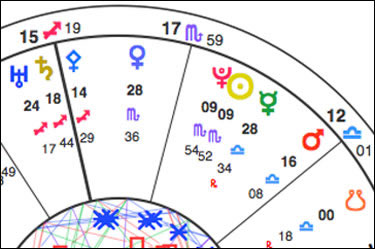A new study from the University of Pennsylvania has indicated that your sexual attitudes help cause not only your attitude toward drugs, but your religiosity. It was previously commonly believed that religiosity and/or political beliefs were the primary causative agents, but it appears to be the other way around. Here’s an excerpt from the paper explaining this in more detail:
Moreover, the relationship between sex and drugs tended to mediate items that, from the perspective of canonical views in political science, might have been thought to be driving views on drugs. For instance, while it is true, as one might have expected, that people who are more religious and those who are more politically conservative tend to oppose recreational drugs, in both our samples, the predictive power of these religious and ideological items was reduced nearly to zero by controlling for items tracking attitudes toward sexual promiscuity.
These reductions are difficult to reconcile with a model in which abstract political views are the underlying causal variables driving attitudes toward drugs. They are, however, consistent with the model we propose, in which individuals’ sexual strategies drive views on recreational drugs.
It is also plausible given our results that abstract commitments drive sexual attitudes and sexual attitudes drive drug attitudes. In both models, sexual attitudes directly influence drug attitudes, with the difference being that our model views sexual strategy as a major causal influence in determining abstract commitments, while the other model takes the opposite causal position, viewing items like religiosity and ideology as major influences in determining sexual attitudes. We note that recent work with regard to religiosity shows substantial evidence that the causal arrow runs at least in significant part from sexual lifestyles and attitudes to religious commitments (McCullough et al. 2005; Weeden et al. 2008; Li et al.
2009).
The authors rightfully note that sexual attitudes don’t account for all variance, but they do account for a significant amount. This is obviously a complex issue, so I would like to see more research, but it’s still interesting. If it is true, I think it has profound implications for religion. There’s a difference between “Divine mandate says we must be monogamous, therefore I am” and “I’m monogamous, so I feel comfortable in a belief system that affirms my opinion.” Moral judgments sort of fall flat when they’re based on arbitrary personal opinion. Although, this concept isn’t too shocking to atheists.
Of course, if there’s one hole in this study, it’s all the religious fundamentalists who keep popping up in the news for their inability to keep their pants on. You think they would all be sex-crazed liberals.
(Via Carnal Nation)




